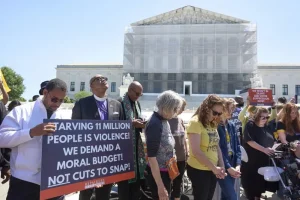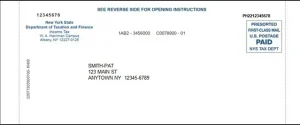“Big and Beautiful” hidden clause prohibiting states from regulating AI within 10 years sparks controversy

In order to pass the “big and beautiful” tax cut and spending bill that President Trump has been pushing, Senate Republicans proposed a “revised version” on the 27th, hoping to send it to the full House for a vote after passing a procedural vote on the 28th. However, since the bill contains a clause targeting artificial intelligence (AI), it has been controversial since it was proposed, and the Senate version has ignored it and it still exists.
This is to prohibit US states from setting their own AI-related regulations in the next ten years.
The United States has no federal laws or regulations to regulate AI so far, and can only allow states to make relevant laws on their own. These state laws mainly focus on preventing harm, such as prohibiting the use of deep fake technology to create pornographic content, prohibiting misleading voters on election issues, or imitating the voice of music artists without permission… etc.
However, AI giants believe that the chaotic AI laws in various states will only hinder the development of AI and be unfavorable to competition with foreign countries.
Trump has long expressed his intention to relax supervision of AI, and signed an executive order to relax supervision of AI technology in his first week in office. Vice President Vance said at the AI Summit in Paris in February that the Trump administration hopes to prioritize AI dominance over regulation.
Therefore, after the “Big, Beautiful” bill banned states from making their own regulations, it was criticized by many people, who believed that there was no law to regulate AI at both the federal and state levels.
Critics pointed out that the Trump administration did not set a framework for any laws or regulations related to AI at the local, state or federal level. In the absence of government supervision, the United States lags far behind the European Union in ensuring the ethical and responsible use of AI.
A study by the Pew Research Center found that more and more Americans are worried about the risks of AI than its potential benefits.
An analysis by the Brennan Center for Justice, a liberal legal public policy research organization, found that under the ban of the “Big, Beautiful” bill, a total of 149 relevant laws in the current states will be overturned. Larry Norden, vice president of the center, believes that Congress has now shown that it is powerless in terms of AI regulatory laws.
Attorneys general from 40 states also wrote to Congress to oppose this provision in the bill, saying it would completely destroy the efforts made by the states to prevent the known harms of AI.
![]()







